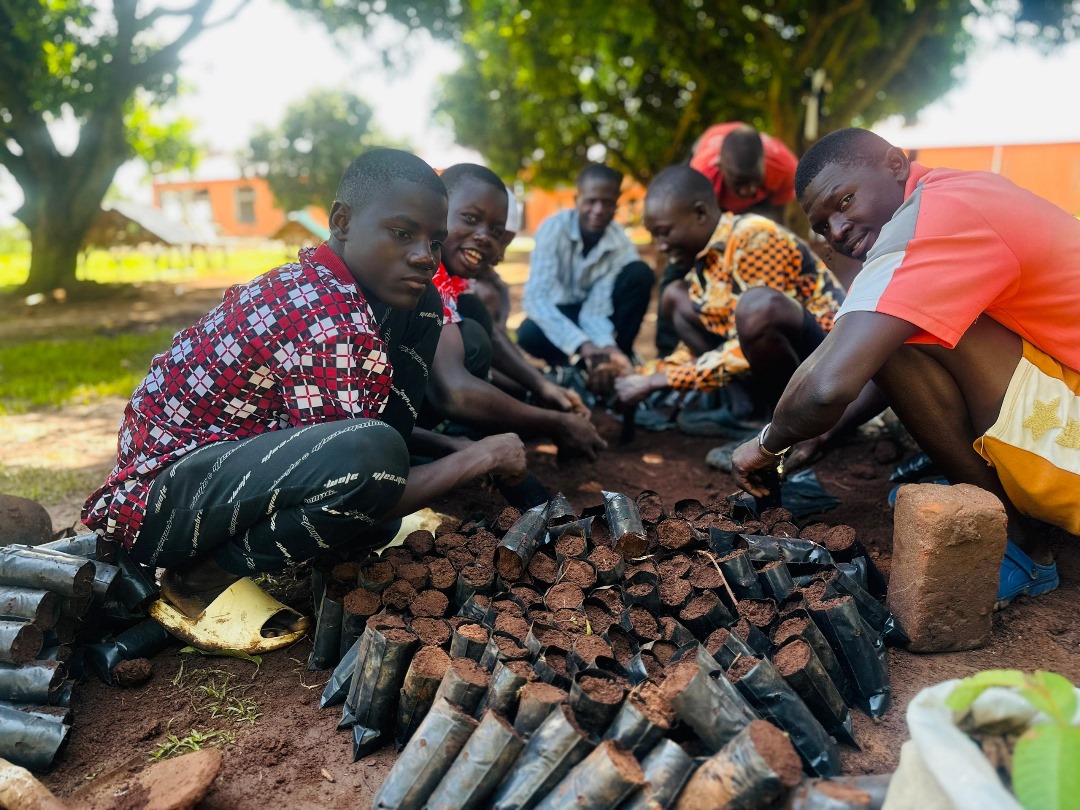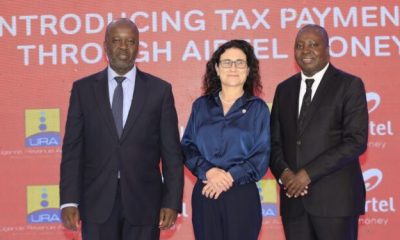Opinions
George Mubiru: Empowering youth to Shape Tomorrow — a Season of Sustainability, Skills, and Self-Reliance
Beyond delivering exceptional building solutions, sustainable community empowerment remains a core mission of Uganda Baati Limited. Our social development impact function as Safal Uganda Baati Foundation is to continue to sustainably invest in Uganda’s youth, prioritizing intentional vocational and life skills development which can connect them to meaningful social life opportunities, shaping a brighter future for generations to come.”
On going initiatives in Tororo demonstrate a structured integrated program which is igniting youth-led empowerment to sustainable positive transformation into self-reliance.
Through our vocational modular skilling program, our primary objective was to enhance youth employability for all participants. However, we recognized that achieving this goal extends beyond mere skill acquisition. Other crucial factors, such as access to financial capital, play a vital role, particularly when our focus is on cultivating job creators rather than job seekers.
Earlier this year, we introduced the Youth Saving Scheme, which adopts the Village Savings and Loans Association (VSLA) model. Our program participants had already acquired practical skills in various trades, such as Hairdressing, Roof installation, Liquid soap making, Backyard gardening, Building and construction, through our skilling initiatives. However, they lacked the necessary financial resources to establish and grow their own businesses.
The Youth Saving Scheme bridges this gap by enabling these young entrepreneurs to mobilize financial resources through savings, while also accessing valuable knowledge on financial literacy, business management, and peer-to-peer support. This holistic approach empowers them to overcome financial barriers and achieve their business aspirations.
Through the Youth Saving Scheme, these young entrepreneurs now convene weekly, contributing to their collective savings and investing in micro-enterprises. The funds are being utilized strategically, with some members purchasing essential tools, while others are promoting their services or scaling up their projects. The scheme is yielding tangible results, effectively transforming practical skills into sustainable income streams. This not only enhances their economic stability but also fosters a culture of financial discipline, entrepreneurship, and self-sufficiency.
What sets our youth engagements apart is our emphasis on a peer-to-peer support program, which connects all project participants in a lasting network. Even after completing the program, participants continue to support one another, fostering a vibrant community of young entrepreneurs.
This interconnectedness enables participants to access new markets, share financial and business management expertise, and drive innovation across various trades. For instance, a vegetable farmer can tap into a ready market through peers in their network, while also gaining valuable insights from fellow entrepreneurs in other fields, such as hairdressing.
This collaborative approach enhances production, expands sales, and creates a thriving ecosystem of youth-led entrepreneurship. By leveraging the power of peer-to-peer support, we empower young people to build resilient, sustainable businesses that drive positive change in their communities.
Safal Uganda Baati Foundation remains committed to positively nurture young people to become productive Ugandans that can genuinely contribute to the development of this country. When we trust young people with resources and responsibility, they become the architects of progress. Our work in Tororo shows that meaningful change happens when youth are not only included, but empowered to lead.
We extend an invitation to all stakeholders, especially from the private sector, that their faithful involvement and investment in youth-led social development programs in the country not only empowers individuals to economically and socially develop but also creates a sustainable, healthy market environment which is favorable for all our goods and services.
The author, George Mubiru is the Head -Safal Uganda Baati Foundation.
Comments
























